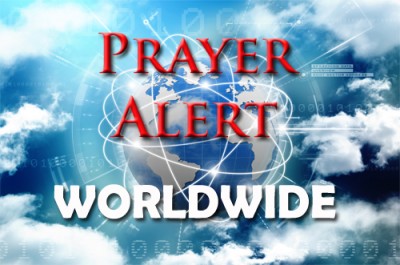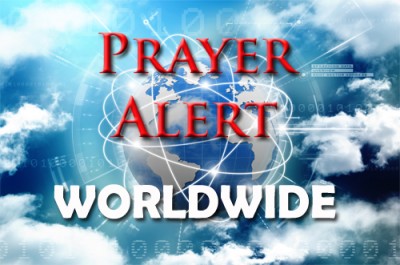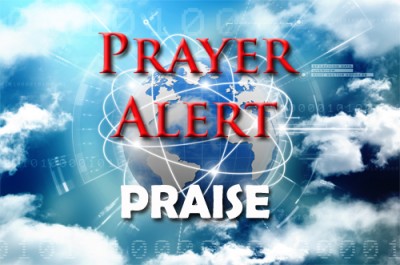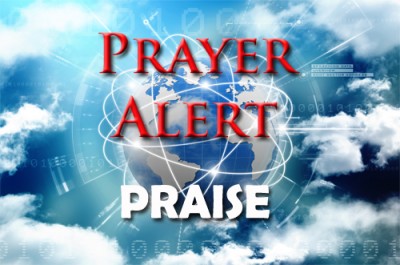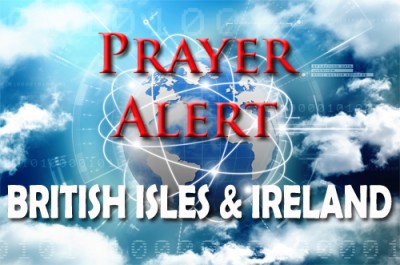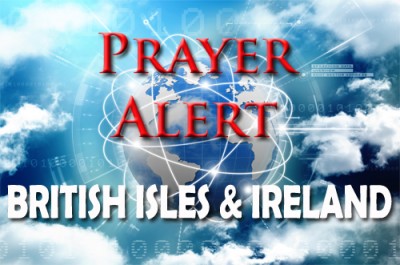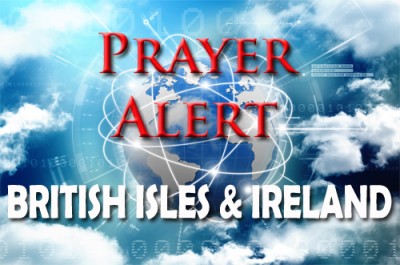Nigeria: starving to death
24 Jun 2016Doctors without Borders (MSF) said a ‘catastrophic humanitarian emergency’ is unfolding at a camp in Bama where 24,000 people have taken refuge from Boko Haram and nearly 200 have starved to death in the past month. Many are traumatised and one in five children are suffering from acute malnutrition. Thirty people die every day due to hunger or illness. MSF's visit to the camp was only possible with an army escort. Violence in Nigeria is widespread, perpetrated by Boko Haram, ethnic groups, farmers and herdsmen who resort to violence. Some acts of violence have religious overtones, and a new generation of Niger Delta militants are threatening war against the state. Government soldiers kill civilians indiscriminately, and police are notorious for extrajudicial murder. Between May 2011 and June 2016 there were 15,588 deaths perpetrated solely by Boko Haram and another 12,962 deaths perpetrated by terrorists and state combined. See:
USA:’no bill, no break’
24 Jun 2016A week after the mass shooting in an Orlando nightclub, senate Democrats demanded action on gun control; but the measures failed to pass the senate’s sixty-vote threshold. On Wednesday Democrats in Congress started a dramatic sit-in for gun control, completely disrupting political business. Chanting ‘No bill, no break!’, they wanted the traditional two-week summer break not to start until the issue was debated. The Democratic whip said, ‘This is an issue that ought to transcend party politics - it's about saving lives and keeping our communities safe.’ The sit-in, reminiscent of strategies used by civil rights activists in the 60s, was called off after 24 hours. However, many believe now is the time to do something similar, make a peaceful noise, get in the way and act for what they believe in.
TRAVEL DETAILS FOR TRUMPET CALL
We suggest that you allow plenty of time to park, walk to the ICC, find the venue and get yourself prepared for this time with God. Please be aware that access to the car parks around the ICC is more difficult due to significant city centre roadworks.
Directions: View directions on getting to the ICC.
Car parking: There are a number of car parks situated near the International Convention centre. Our recommended site is the Paradise Circus multi story car park just off Cambridge Street a 2/3 minute walk from the ICC (B1 2NB). This can be accessed from the North (M6, M42) and South (M40, M5) by following the normal route but there will be delays around Paradise Circus. From the west it is harder to access as the normal road is blocked. If you are coming on the A457 turn off at Summer Hill Street – cross straight over the roundabout after 300 yards and continue with the Barclaycard arena on your right. Keep going as far as you can on this road – the multi-story is at the end! Off road parking is limited and generally restricted to 4 hours. Alternative car parks – West Multi story of the Barclay Car Arena - B16 8AD or Q car park Brindley place – B1 2JF – nice, handy but expensive!
Hotels: The nearest hotel is the Hyatt Regency but check out Visit Birmingham for other hotels and offers.
Lunch venues: There are many cafes, restaurants and shops in nearby Brindley Place.
Christian radio broadcasts to North Korea
17 Jun 2016For an hour each day, Kim Chung-seong, a defector from North Korea and a Christian missionary, takes to the microphone in a small studio. At 1.00 am his show ‘Hello from Seoul’ sends a mix of gospel music and news into North Korea, defying the isolated state's efforts to keep its people in the dark about the world, religion and the truth about its leaders. ‘Brothers and sisters in the North, I hope this time can be a moment of prayer for a miracle that every party member of North Korea at the party congress can meet God, not take a further step into the cult of personality’, Kim said. He was referring to the meeting of the North's ruling Workers' Party this month, where young leader Kim Jong Un was unanimously elevated to party chairman. Kim came to the South in 2004 and broadcasts from his studio at the Far East Broadcasting Company.
Abortion clinic owner now a pro-life activist
17 Jun 2016Carol Everett is a champion of the pro-life cause but had previously been part of the abortion industry and had even owned abortion clinics. In 1973 her husband and doctor pressured her to abort her third child, which she did. That decision led her in a downward spiral. She began drinking, had an affair, and left her husband. She worked for a medical supply company and saw how much money could be made in the abortion industry. Owning an abortion clinic with a high abortion quota would make her a millionaire, so she opened two clinics and managed four others. Then in 1983 she encountered Christ, and her views on abortion radically changed. Carol is now a pro-life advocate who has started an organisation called the Heidi Group which offers life-affirming medical services to pregnant women, and encourages women who are considering abortion to talk to someone who does not have a monetary interest in their decision.
INSIGHT: EU referendum
17 Jun 2016Since 20 February, when David Cameron announced that the UK would vote on Britain's membership of the EU on 23 June, well-known Christian figures have aired their thoughts on the EU. They range from theologian Krish Kandiah who thinks we're better together in the Union, to Jonathan Arnott, Christian UKIP MEP, who wants Britain to leave. Prayer Alert has no editorial line beyond a commitment to communicate Christian reflection and commentary to enhance understanding on an issue that many find both confusing and divisive. All the media is full of comment, but we need to be like 'the men of Issachar' who understood the times and knew what to do (1 Chr.12:32). The most important thing we can do right now is to ask God for His directive. This week’s INSIGHT article contains various comments from the Christian media, giving Bible-based perspectives to help people as they pray and allow God to inspire their thoughts. To read this article click the ‘More’ button.
Praying for the EU and the referendum
17 Jun 2016This week’s prayer points from the WPC’s 'Every Vote Counts' prayer guide are: Ask God to lead all who are undecided how to vote (Ps. 27:14). For the release of a new hunger for prayer for our nation (Is.62:6). For blessings and wisdom to guide the peoples in Northern Ireland (Pr.3:5-6). For the referendum decision to bless future generations (Lk.1:50). For strengthening unity among the peoples across the UK nations (Ps.133). For truth in all final speeches (Ja.1:5). Pray for God’s protection for every voting station and around our borders (Ps.121:7). Ask God to shape political leaders’ decisions during and after Thursday. (Ro.13:1). We declare Jesus is Lord over the decision taken across the UK (Lam.5:19). Pray for peace and stability throughout our nation and continent (Ps.72:18-19). Pray for Spain, Sweden, Switzerland, Russia, San Marino, Montenegro, Netherlands, Norway, Poland, Portugal, Romania, Serbia, Slovakia, and Slovenia to approach God’s throne of grace.
Archbishop on homophobia
17 Jun 2016The Archbishop of York appeared on Piers Morgan’s ITV show to discuss the referendum, but the presenter changed the topic to the church's views on gay rights following the attack in Orlando. Dr Sentamu refuses to bless gay marriage but urges Christians to speak out in support of persecuted LGBT people. Piers asked, ‘What would you say if I told you that because of the colour of your skin, you can only have a civil partnership marriage?’ He replied, ‘People say that sexuality is equal in terms of argument to slavery, no it's not. Some of my relations actually died on those ships. Slavery was a very wrong thing. I have many gay friends, they see me as someone who wants to protect them from homophobia. Not supporting same-sex marriage doesn't equal homophobia.’ His comments at the same interview were inaccurately reported in the ‘Pink News’. They reported, ‘Archbishop John Sentamu says Homosexuality is not a sin.’ See
